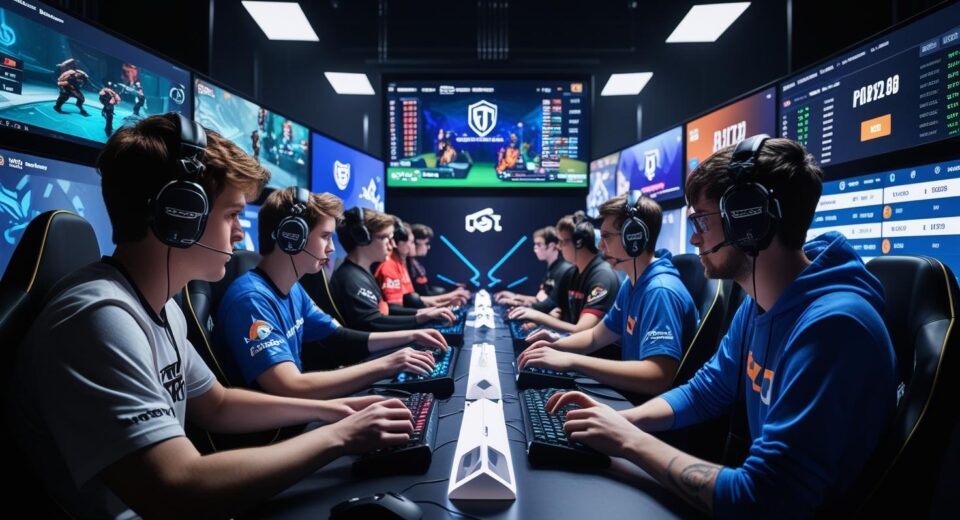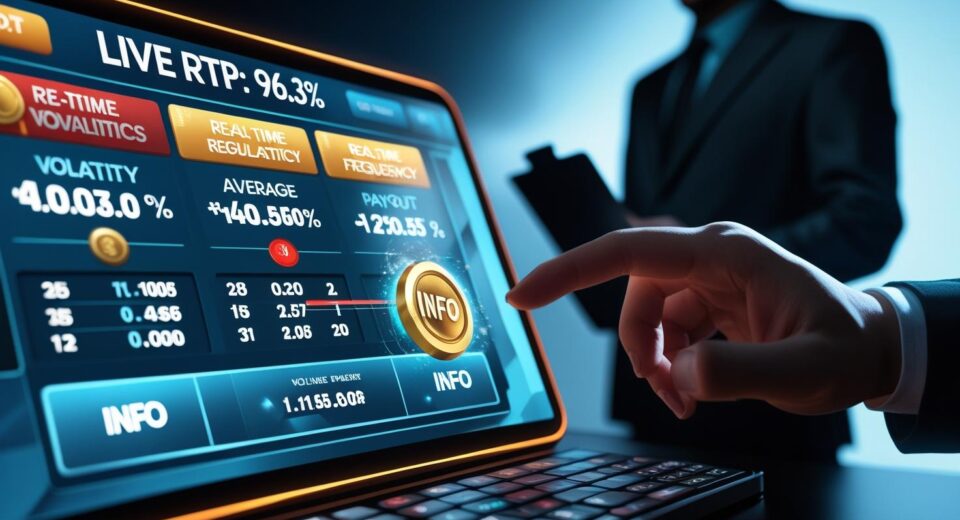Step-by-Step Guide to Getting an MGA License in 2025
Introduction: Why the MGA License Still Reigns Supreme When it comes to global gambling licenses, the Malta Gaming Authority (MGA) is still considered the gold standard—and in 2025, that reputation holds strong. Whether you’re launching a new online casino, sportsbook, or platform-based solution, getting an MGA license gives your operation instant credibility in regulated markets across Europe and beyond. But that credibility doesn’t come easy.MGA licensing in 2025 is more rigorous, compliance-heavy, and tech-forward than ever before. If you’re serious about operating legally in the EU or building long-term value in your iGaming venture, this guide is your ultimate roadmap. Why Choose the MGA License? Before we dive into the process, here’s what makes Malta (still) a top choice: Now, let’s unpack exactly how to get your license. Step 1: Determine Your License Type As of 2025, the MGA offers four main license classes, streamlined under the Gaming Authorisations Regulations (GAR): License Type What It Covers B2C Type 1 Casino-style games (slots, roulette, blackjack) B2C Type 2 Fixed-odds betting (sports, esports) B2C Type 3 P2P games (bingo, poker, lottery betting) B2B License Game suppliers, platform providers, hosting services Most startups apply for Type 1 or 2, depending on the business model. If you offer more than one vertical, multi-activity authorizations are permitted. Step 2: Establish Your Malta Entity You must register a Malta-based legal entity (usually a Ltd. company) to apply. Here’s what’s required: ✅ Pro Tip: Use a CSP with proven experience in MGA submissions. It will save you months of back-and-forth. Step 3: Prepare Your Application Pack Your application will include several critical components: 🔹 Personal & Corporate Documents 🔹 Business Plan & Operational Setup 🔹 System Documentation 📌 MGA expects full traceability for RNG outcomes, anti-fraud measures, and real-time player protections. Step 4: Pay Fees & Submit Application As of 2025, the MGA licensing fees are: Cost Item Amount (EUR) Application Fee €5,000 (non-refundable) Annual License Fee (B2C Type 1–3) €25,000–€35,000 B2B License Fee €10,000–€25,000 Compliance Review Fees Variable (based on audit scope) Processing Time:Expect 10–16 weeks if documents are in order. Delays often come from incomplete compliance details or uncertified tech stack. Step 5: Systems Audit & Technical Compliance Check Before your final approval, the MGA mandates a Systems Audit conducted by a registered third-party auditor. They’ll assess: 🛑 Failing the audit can delay your license by 3–6 months. Prepare everything in advance, and test with a mock audit if needed. Step 6: Go Live with Conditions If approved, you’ll receive a 10-year license, subject to: Step 7: Post-License Compliance Obligations Your work isn’t done after launch. You’ll need to stay on top of: Malta’s regulatory approach is evolving fast—especially for crypto payments and AI-driven personalization. Stay aligned with MGA circulars and participate in compliance workshops. Tips to Improve Your Chances in 2025 ✅ Use Certified RNG & Game ProvidersStick to certified providers listed with the MGA—NetEnt, Evolution, Pragmatic Play, etc. ✅ Embed Real AML Tools from Day 1RegTech solutions like Sumsub, ComplyAdvantage, and SEON can reduce rejection risk. ✅ Show Responsible Gambling ReadinessMGA is tightening scrutiny around player protection—especially around bonus abuse, affordability checks, and self-exclusion. ✅ Avoid Overly Complex Crypto ModelsWhile crypto is welcome, overly anonymous or cross-chain setups may trigger red flags unless robust KYC and fiat ramping are shown. Conclusion: Is the MGA License Worth It? Absolutely—if you’re serious about playing in the big leagues. An MGA license in 2025 still opens doors across Europe, LATAM, parts of Asia, and Africa, and it offers a clear framework to build a transparent, tech-forward gambling business. It takes time, effort, and investment—but the credibility and stability it provides are hard to beat. Ready to Start Your Licensing Journey? 🧠 JackPotDiary will soon launch a step-by-step Licensing Tracker, interviews with CSPs, and operator case studies. Subscribe to our newsletter or visit jackpotdiary.com for the next big deep dive.










